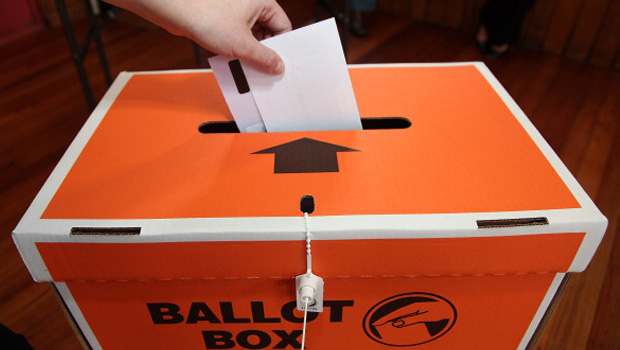Politics
Local Elections Face Criticism Over Uncontested Seats

As local elections approach this weekend, concerns are mounting over the number of uncontested seats in various councils across New Zealand. In many regions, candidates are winning by default, raising questions about the effectiveness and necessity of the current local governance structure.
Looking at the current landscape, over 200 council races have seen candidates elected without opposition. This means that approximately one in every seven council races will not involve any voting. For instance, in the Hurunui district, Marie Black has already secured her position as mayor without facing any challengers. Similarly, Michael Ford will continue as mayor of Manawatū, also unopposed.
The trend of uncontested elections extends to more than 80 councillors who have already been elected across the country, including several members of the Southland Regional Council. Other areas, such as Lower Hutt, Buller, Stratford, and Marlborough, have seen similar results. This pattern raises significant concerns about the engagement of local communities in the electoral process.
In addition to uncontested mayoral positions, there are numerous empty seats on community boards in places like the Rotorua Lakes, New Plymouth’s Kaitake, Clifton, rural Hastings, Hanmer Springs, Twizel, and Mataura. The lack of candidates willing to step forward suggests a mismatch between the number of available positions and the interest from the community.
Residents are encouraged to scrutinize their voting papers and participate in the electoral process. A voter in Auckland noted the overwhelming number of local board candidates, stating, “I had one vote for mayor, one for council, and up to seven for my local board. I didn’t know all the candidates well enough to make informed choices.” This sentiment reflects a common frustration among voters who may feel disconnected from local politics.
In Auckland alone, the election process will result in the appointment of 172 local board politicians, not including those on the local licensing board. The remuneration for the most junior councillors starts at over $54,000 each, leading to questions about the value provided by such a large number of representatives.
Critics argue that the current system may be outdated and in need of reform. The presence of numerous unchallenged seats indicates that the electorate may be overwhelmed by the sheer number of positions available, prompting calls for a reevaluation of local governance.
The upcoming elections could serve as a pivotal moment for local bodies across New Zealand to reconsider their structure and approach to community engagement. As voters prepare to cast their ballots, the focus remains on ensuring that local governance reflects the interests and needs of the community it serves.
-

 World4 months ago
World4 months agoTest Your Knowledge: Take the Herald’s Afternoon Quiz Today
-

 Sports4 months ago
Sports4 months agoPM Faces Backlash from Fans During Netball Trophy Ceremony
-

 Lifestyle4 months ago
Lifestyle4 months agoDunedin Designers Win Top Award at Hokonui Fashion Event
-

 Entertainment5 months ago
Entertainment5 months agoExperience the Excitement of ‘Chief of War’ in Oʻahu
-

 Sports4 months ago
Sports4 months agoLiam Lawson Launches New Era for Racing Bulls with Strong Start
-

 World5 months ago
World5 months agoCoalition Forms to Preserve Māori Wards in Hawke’s Bay
-

 Health4 months ago
Health4 months agoWalking Faster Offers Major Health Benefits for Older Adults
-

 Lifestyle4 months ago
Lifestyle4 months agoDisney Fan Reveals Dress Code Tips for Park Visitors
-

 Politics4 months ago
Politics4 months agoScots Rally with Humor and Music to Protest Trump’s Visit
-

 Top Stories5 months ago
Top Stories5 months agoUK and India Finalize Trade Deal to Boost Economic Ties
-

 Health2 months ago
Health2 months agoRadio Host Jay-Jay Feeney’s Partner Secures Visa to Stay in NZ
-

 World5 months ago
World5 months agoHuntly Begins Water Pipe Flushing to Resolve Brown Water Issue









